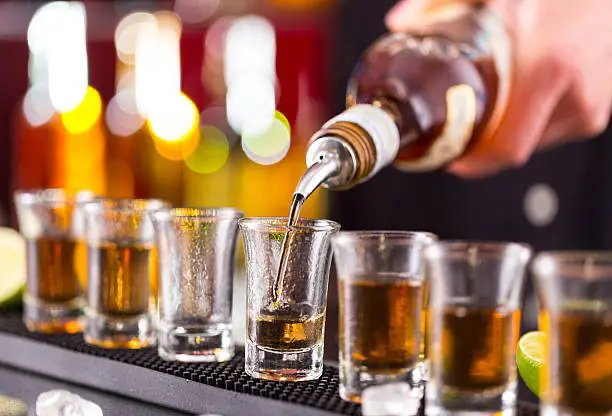
Much too often, the unfortunate story occurs like this: John Doe arrives at a bar or restaurant, has a few drinks, and continues to consume alcohol at the crowded bar. After losing track of his limits, he finds himself stumbling into his car. Minutes later, his impaired judgment leads to a devastating accident that changes lives forever. The bar or restaurant should have stopped him but did not, and people suffer.
When personal injuries occur as a result of alcohol-related incidents in Texas, understanding dram shop laws is crucial. These laws, which are specific to alcohol-serving establishments like bars and restaurants, hold them responsible for serving alcohol to individuals who are visibly intoxicated or underage, and who subsequently cause harm to themselves or others. The following is a concise overview of dram shop law in Texas.
The Duty of Care:
Texas dram shop laws require alcohol-serving establishments to exercise reasonable care when serving alcohol. This means refusing service to patrons who are clearly intoxicated or underage.
Liability for Third-Pary Actions:
If a visibly intoxicated or underage patron causes an accident resulting in injuries, the establishment that served them alcohol may be held liable. This can include injuries from motor vehicle accidents, physical altercations, or other incidents caused by the intoxicated individual.
Proving Liability:
To establish liability, injured parties typically need to demonstrate that the establishment served alcohol to someone who was visibly intoxicated or underage, and that this action directly led to the injuries. Evidence such as security camera footage, witness testimonies, and receipts can be vital in proving your case.
Statute of Limitations:
Texas imposes a statute of limitations on dram shop liability claims. Simply put, the statute of limitations places a deadline on when claims may be made presented via a lawsuit. Generally, you have two years from the date of the injury to file a lawsuit. Promptly consulting with an attorney is essential to ensure you meet this deadline.
Comparative Negligence:
Texas follows a modified comparative negligence system. If the injured party is found partially responsible for their injuries, their compensation may be reduced based on their percentage of fault. However, if they are deemed more than 50% at fault, they may not be eligible for compensation.
Conclusion:
Understanding Texas dram shop laws is crucial if you or someone you know has suffered injuries due to the negligence of an alcohol-serving establishment. Consulting with a knowledgeable personal injury attorney can help you navigate these laws, gather necessary evidence, and pursue the compensation you deserve.
Abraham, Watkins, Nichols, Agosto, Aziz & Stogner is here to help. Don’t delay in seeking legal guidance if you’ve been injured in such circumstances, as time is limited for filing a claim. Please do not hesitate to contact our office by calling 713-222-7211 or 1-800-870-9584.
